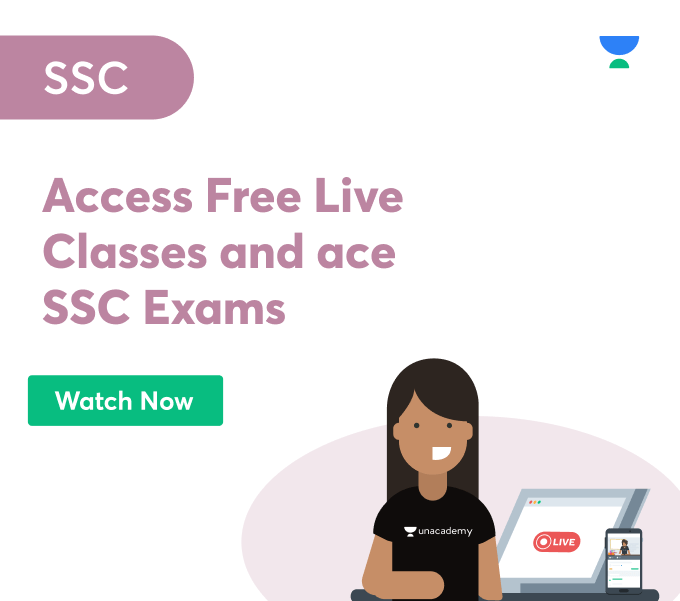The Chief Minister of Delhi, Arvind Kejriwal, opened a virtual school on Wednesday, saying children from across the nation will be considered for enrollment. The Delhi Model Virtual School application process began on Wednesday.
The school allows students in grades 9 through 12. “Admission to the education platform will be available to pupils across India, and specialists will also train them for entrance examinations like NEET, CUET, and JEE, as well as skill-based training,” Kejriwal stated during an online press conference. According to the chief minister, the country’s first virtual school would be a watershed moment in the education industry. According to Kejriwal, the lessons will be held online, and taped lectures will be available online.
Key Takeaways
- Among the numerous benefits of online education, you’ll discover that it gives you greater scheduling flexibility, can lower the cost of the degree, and can make it easier for you to advance your work while continuing your education
- Arvind Kejriwal announced the opening of a virtual school on Wednesday and said applicants from all across the nation would be welcome
- Arvind Kejriwal is working to further this by implementing several initiatives in the field of schooling
The Beginning of a Virtual School
According to the chief minister, the country’s first virtual school would mark a significant development in education. “Numerous kids cannot attend school due to barriers like distance from the school or other concerns. Many parents choose not to send their girls outside, thus they do not provide for their education.” So these are the reasons to open a virtual school by the Chief Minister of Delhi.
- The nation’s first virtual school will be a turning point for the education industry. The lectures will be videotaped and uploaded in addition to the online classes.
- The COVID-19 epidemic forced the need for virtual classrooms, which served as the inspiration for this institution.
- The virtual school would affiliate with the Delhi Board of School Education Board.
- Any student who has completed class 8 at a recognised school and is between the ages of 13 and 18 may apply to DVMS.
Delhi & Advancement of Education Sector
Arvind Kejriwal also highlighted the AAP government’s achievements in education, stating that several actions have been taken there in the field of education, including improvements in educational facilities and superior service of classes, among many other aspects launched in the curriculum.
He further said that he had launched specific programmes in the field of education to bring such poor youngsters into the mainstream. These efforts include a special school for street children, Skill Universities, Happiness courses, the Deshbhakti curriculum, plus sports universities.
Why Virtual Education?
Arvind Kejriwal stated that the idea of a virtual classroom is for kids who cannot attend because of barriers like transportation or distance from the school. Kejriwal also emphasised that pupils whose families do not want their daughters to leave their homes for school will benefit from the idea of online learning.
Parent's Opinion About Delhi's Proposed Virtual School
The (AIPA) All India Parents Association criticised the Delhi virtual school as a “disastrous” plan that will further marginalise the children of the poor.
“It is a completely catastrophic concept that will further marginalise the underprivileged youngsters,” it has been stated. Children of the wealthy will attend traditional private schools, while poor children will attend virtual schools. Every child is required to attend normal full-time education; leaving it equates to receiving no education.
Benefits of the Virtual School
Flexible:
Virtual learning, since it is very customisable, can frequently meet students where they are intellectually, emotionally, and socially. Students may learn according to their timetable and either increase or decrease their speed. Additionally, many students find they can better concentrate on their studies and extracurricular activities when they may adjust their schedules to coincide with the time of day when they are most productive.
Self-Directed Learning:
Some school districts noticed that many older students completed more demanding courses during the epidemic than in person. The freedom of elearning was critical to their motivation; if students have a diverse range of fascinating content to choose from, they are more motivated to study, which increases understanding and academic performance.
Efficiency:
Virtual classrooms have been proven to enhance learning time by reducing an eight-hour academic day into three to four hours for online students. You save time travelling between classrooms, avoiding distractions, and expecting the class to start.
 Profile
Profile Settings
Settings Refer your friends
Refer your friends Sign out
Sign out






